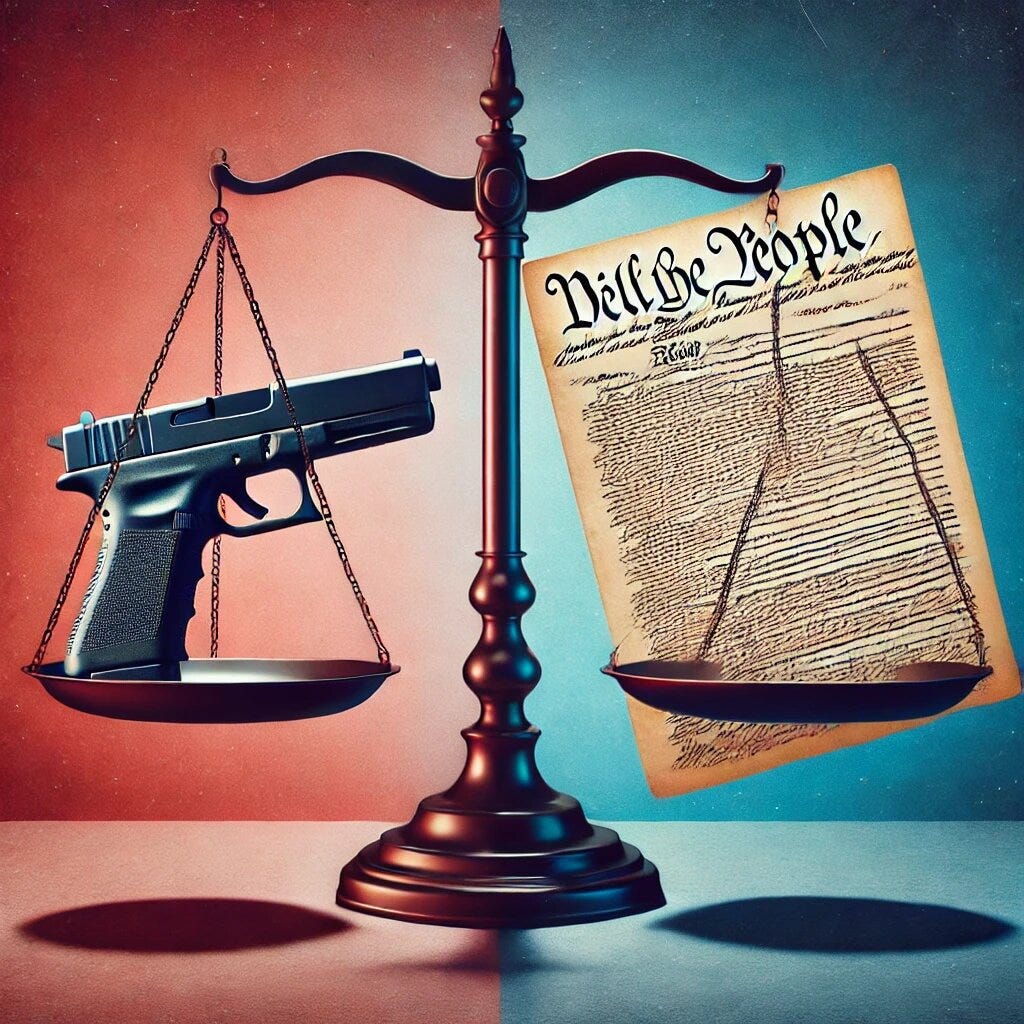Brief Biography of Rabbi Lord Jonathan Sacks
"An international religious leader, philosopher, award-winning author, and respected moral voice, Rabbi Lord Jonathan Sacks was awarded the 2016 Templeton Prize in recognition of his "exceptional contributions to affirming life's spiritual dimension." Described by King Charles III as "a light unto this nation" and by former British Prime Minister Tony Blair as "an intellectual giant," Rabbi Sacks was a frequent and sought-after contributor to radio, television, and the press both in Britain and around the world."
He is my hero, not because he was Jewish and a Rabbi but because he was an intellectual giant who attended Oxford and only turned to the Rabbinate later. He died too soon but left an immense legacy.
"Morality: Restoring the Common Good in Divided Times" by Jonathan Sacks
"Love your neighbor. Love the stranger. Hear the cry of the otherwise unheard. Liberate the poor from their poverty. Care for the dignity of all. Let those who have more than they need share their blessings with those who have less. Feed the hungry, house the homeless, and heal the sick in body and mind. Fight injustice, whoever it is done by and whoever it is done against."
Rabbi Jonathan Sacks reflects on morality, looking to the modern era as one configured by an overwhelming focus on the individual rather than the collective. A shift toward a culture of domination by the "I" includes implications not only for personal well-being but also for the connectedness of society in its entirety. Understanding this dynamic makes its impact on our relationships, communities, and sense of purpose clear.
An individual-based society would extol the ideals of personal achievement and freedom. The emphasis that has been placed on this has given way to exceptional progress: people have more personal freedom to act on their dreams, express themselves, and live their lives as they see fit; they celebrate individuality to such an unparalleled degree that creativity and innovation have reached an unprecedented degree. It has also facilitated an individual's breaking free from the chains of convention and opened up space for a plurality of voices and experiences.
With this cultural emphasis on the "I," however, comes some real pitfalls. As long as the individual is at the heart, the glues that hold communities together are in jeopardy of disintegration. Relationships are transactional, based more on what others can do for them than on a notion of mutual care and commitment. In the workplace, neighborhoods, or even families, shared responsibility will weaken, making individuals feel isolated and unsupported.
An example of individual vs. social needs is the right to gun ownership under the Second Amendment. The result is that the interpretation of the word gun has included AR-15s and other assault weapons. This has resulted in mass shootings everywhere, from public schools to local neighborhoods and other drivers on the roads.
This individualistic world has also perpetuated mental health issues. The pursuit of self-reliance and individual success can make individuals feel more isolated from larger support systems. Loneliness is fast becoming an epidemic in many societies, with individuals being thrown back on their own resources to sort out life's challenges. Lack of a common moral code and belonging might heighten feelings of alienation and uncertainty.
On a larger scale, the "I"-governed society cannot resolve shared ills. Climate change, economic disparity, and social justice do require cooperation and the will to yield to the common good in preference to individualistic wants. With the world bombarded by messages of personal gain, mobilization for collective action becomes increasingly difficult. The dissolving of communal values and a sense of trust leads to fragmentation in which societies are often incapable of resolving pressing issues.
Not that the individualistic focus does not have its merit. Autonomy and self-expression form integral parts of human dignity and development. The problem is when these are pursued at the expense of the "we," an imbalance that works to the detriment of both personal and social welfare. We need to foster, if not revive, the sense of community to strike a balance. This does not mean discarding individuality but integrating it into a framework of mutual responsibility and shared purpose.
Nurturing an "all of us" culture requires the art of building bridges and a feeling of shared responsibility. It involves creating spaces where people feel seen and valued, not in their individual identity but as participants in something greater. Acts of kindness, collaboration, and empathy have the potential to salve the torn threads of the social fabric, helping to counter the isolation and fragmentation so prevalent today.
The basic argument here is a call for balance. Only the society that merges the strong points of individualism with the virtues of collectivism will achieve more harmony. It is in the interplay between the "I" and the "we" that humanity finds its richest expression, where individuals flourish not at the expense of community but as part of its vibrant, interwoven tapestry. In restoring the common good to its rightful place, we can make sure of an ingenious and free world but also compassionate and united.
Jonathan Sacks reflects profoundly on morality, looking to the modern era as one configured by an overwhelming focus on the individual rather than the collective. A shift toward a culture of domination by the "I" includes implications not only for personal well-being but also for the connectedness of society in its entirety. Understanding this dynamic makes clear its impact on our relationships, communities, and sense of purpose.
An individual-based society would extol the ideals of personal achievement and freedom. The emphasis which has been placed on this has given way to exceptional progress: people have more personal freedom to act on their dreams, express themselves, and live their lives as they see fit; they celebrate individuality to such an unparalleled degree that creativity and innovation have reached an unprecedented degree. It has also facilitated an individual's breaking free from the chains of convention and opened up space for a plurality of voices and experiences.
With this cultural emphasis on the "I," however, comes some real pitfalls. As long as the individual is at the heart, the glues that hold communities together are in jeopardy of disintegration. Relationships are transactional, based more on what others can do for them than on a notion of mutual care and commitment. In the workplace, neighborhoods, or even families, shared responsibility will weaken, making individuals feel isolated and unsupported.
This individualistic world has also perpetuated mental health issues. The pursuit of self-reliance and individual success can make individuals feel more isolated from larger support systems. Loneliness is fast becoming an epidemic in many societies, with individuals being thrown back on their own resources to sort out life's challenges. Lack of a common moral code and belonging might heighten feelings of alienation and uncertainty.
On a larger scale, the "I"-governed society cannot resolve shared ills.
Climate change, economic disparity, and social justice do require cooperation and they will to yield to the common good in preference to individualistic wants. With the world bombarded by messages of personal gain, mobilization for collective action becomes hard. The dissolving of communal values and a sense of trust leads to fragmentation in which societies are often incapable of resolving pressing issues.
Not that the individualistic focus does not have its merit. Autonomy and self-expression form integral parts of human dignity and development. The problem is when these are pursued at the expense of the "we," an imbalance that works to the detriment of both personal and social welfare. We need to foster, if not revive, the sense of community to strike a balance. This does not mean discarding individuality but integrating it into a framework of mutual responsibility and shared purpose.
Nurturing an "all of us" culture requires the art of building bridges and a feeling of shared responsibility. It involves creating spaces where people feel seen and valued, not in their individual identity but as participants in something greater. Acts of kindness, collaboration, and empathy have the potential to salve the torn threads of the social fabric, helping to counter the isolation and fragmentation so prevalent today.
The basic argument here is a call for balance. Only the society that merges the strong points of individualism with the virtues of collectivism will achieve more harmony. It is in the interplay between the "I" and the "we" that humanity finds its richest expression, where individuals flourish not at the expense of community but as part of its vibrant, interwoven tapestry. In restoring the common good to its rightful place, we can make sure of an ingenious and free world but also compassionate and united.







Thanks for this important essay, Allan. I have been thinking about the subject frequently and probably will again read “The Social Contract” by Rousseau. In fact, earlier today I was visualizing a dialogue between Rousseau and Ayn Rand and, perhaps, I will take a crack at it.